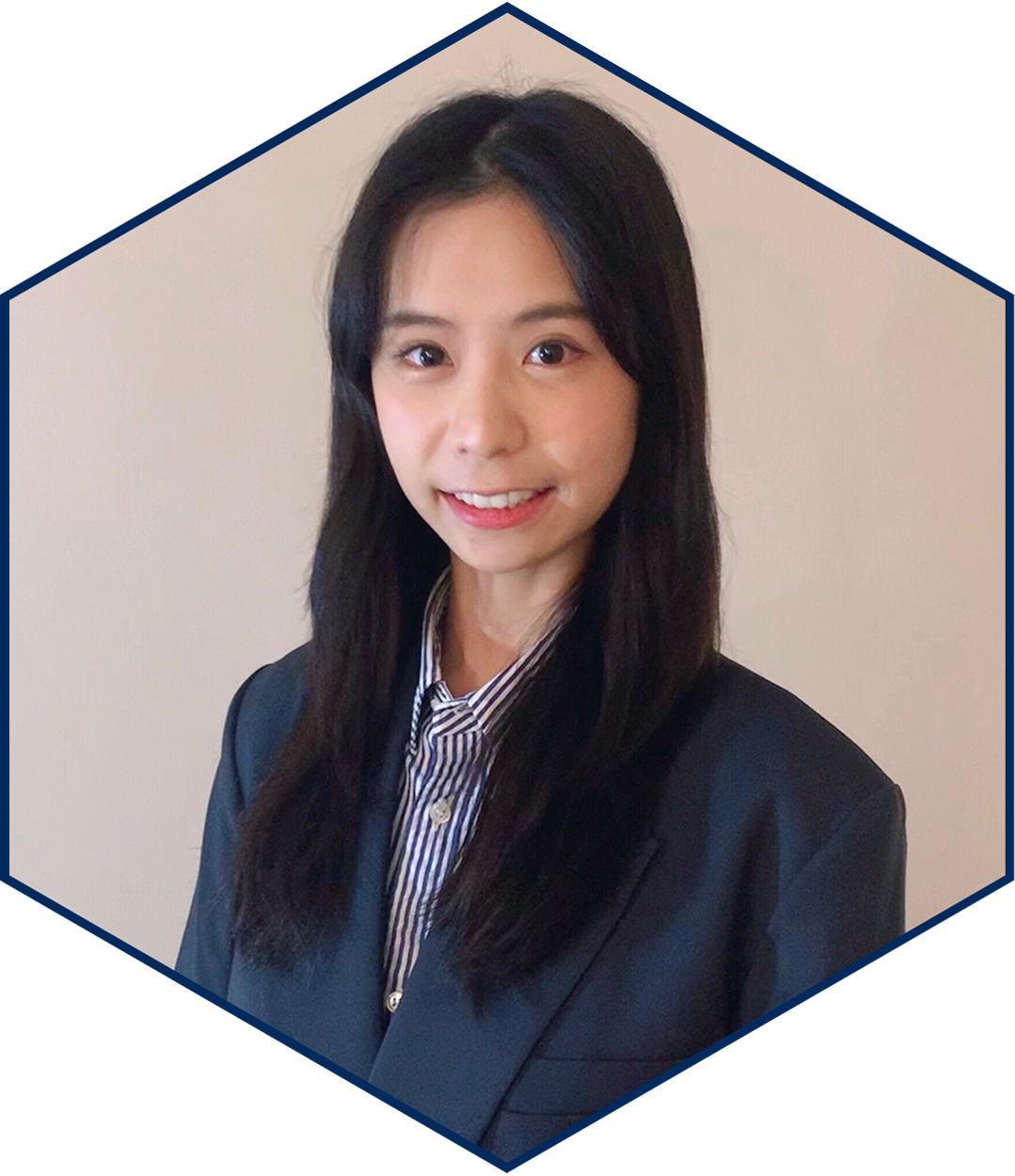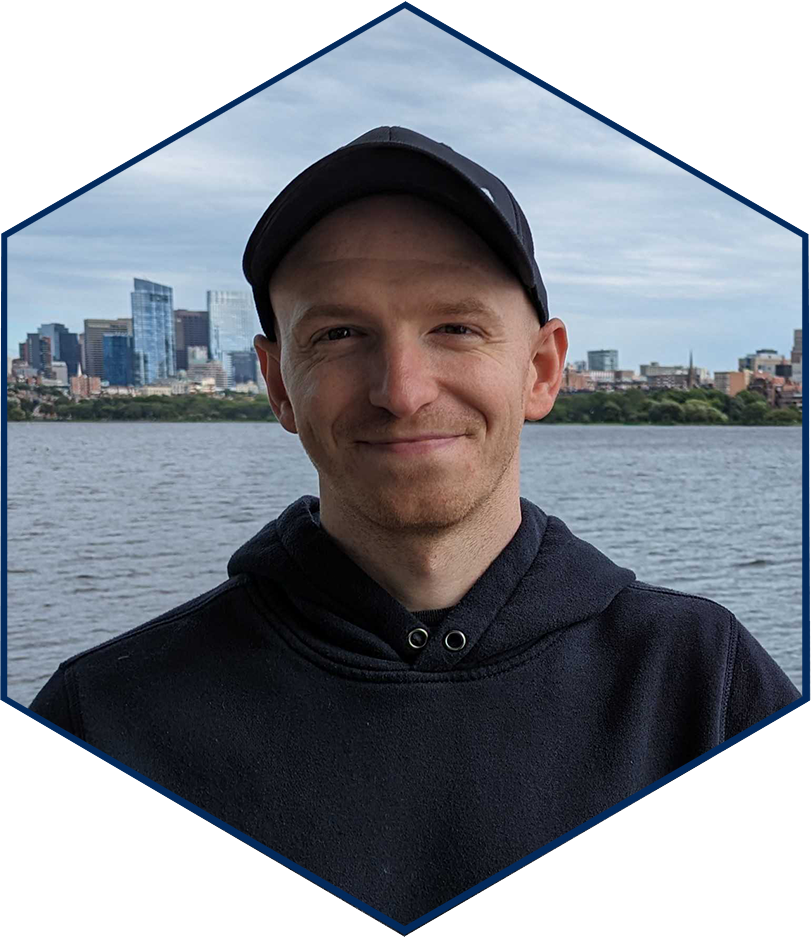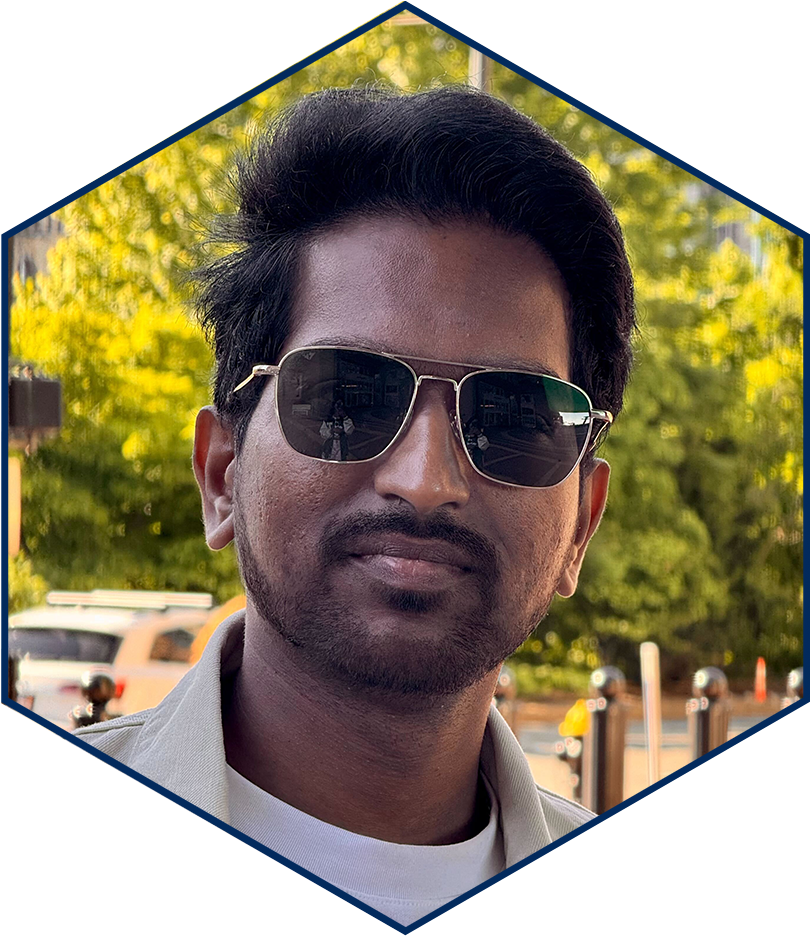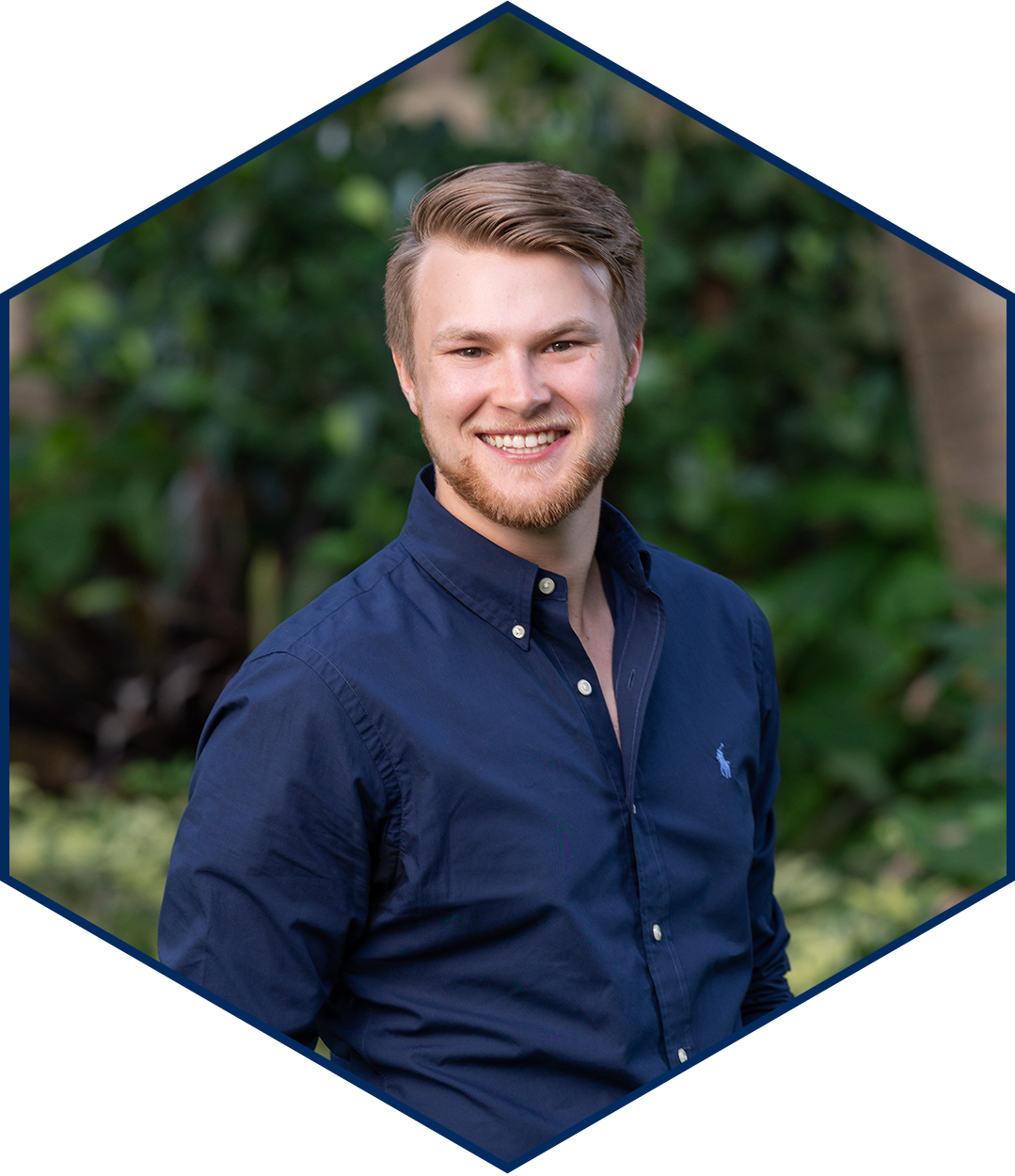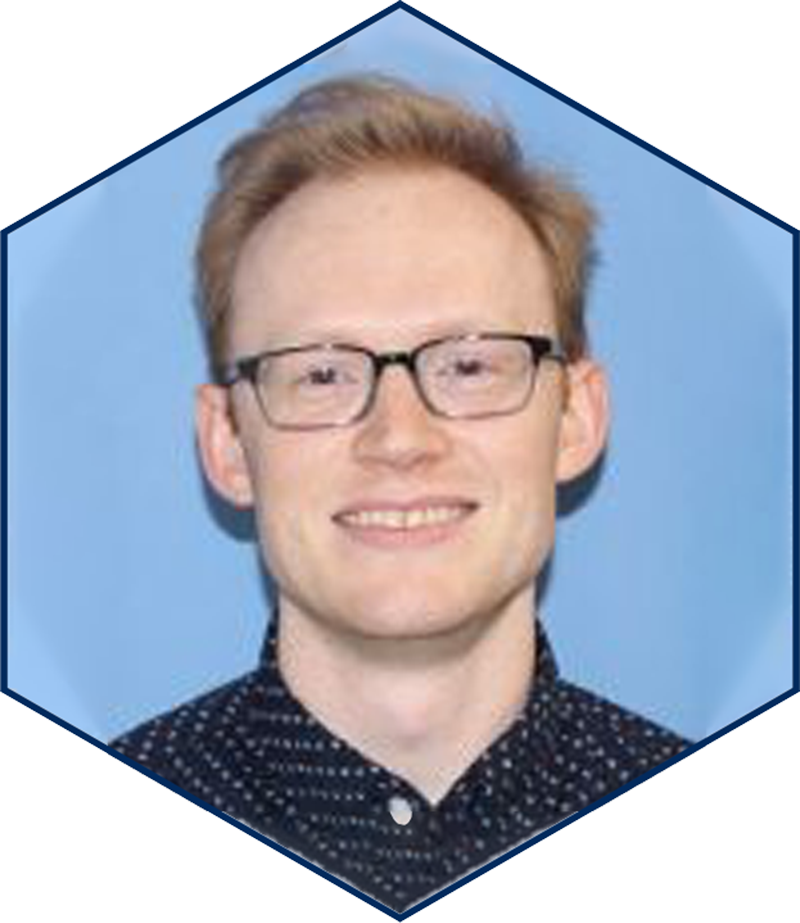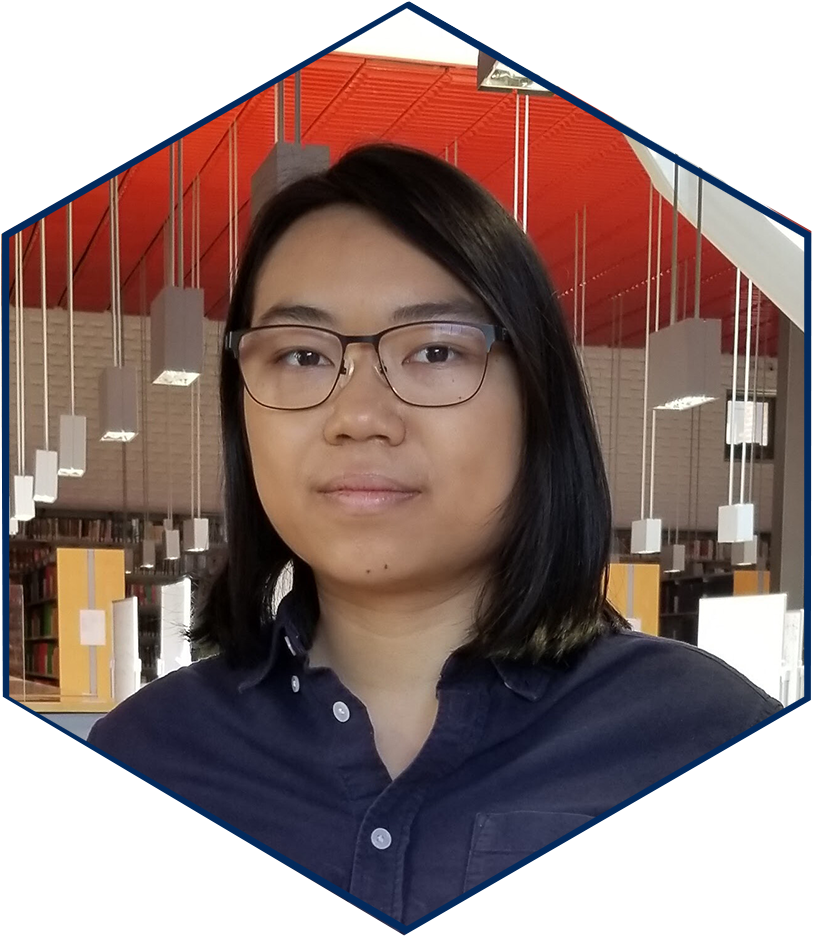Prof. Brett A. McGuire (He/Him/His)
Class of 1943 Career Development Assistant Professor of Chemistry
brettmc@mit.eduEducation
B.S. Chemistry, University of Illinois at Urbana-Champaign, 2009
M.S. Physical Chemistry, Emory University, 2011
Ph.D. Physical Chemistry, California Institute of Technology, 2015
Research Interests
I am an astrochemist, and to me, astrochemistry is the study of molecules in space: where they are, how they got there, and what they are doing. To me, there is little more exciting than detecting a new molecule in space for the first time. These detections, whether expected or unexpected, always impart momentum on the field. They urge us to ask yet more questions: why is this molecule here and not another? What does that tell us about chemistry has evolved in this region? Where might it be going next? Will it contribute to the formation of truly biogenic species (i.e. amino acids, sugars) that might be involved in seeding planets with life-essential molecular reservoirs?
Dr. Ceci Xue (She/Her/Hers)
Postdoctoral Fellow
cixue@mit.eduEducation
Ph.D. Chemistry, University of Virginia, 2021
Research Interests
I received my Ph.D. in 2021 from the University of Virginia and had been a Grote Reber doctoral fellow associated with the National Radio Astronomy Observatory. Leveraging both radio astronomical observations and astrochemical modeling, my graduate research focused on exploring the spatial distribution and evolution of the complex astronomical molecules toward varieties of interstellar molecular clouds. Starting January 2022, I have begun my first postdoctoral appointment with the McGuire lab, working on the exploration of astrochemical modeling of polycyclic aromatic chemistry under dark cloud conditions. I am particularly enchanted with Japanese food and traveling around Japan
Dr. Gabi Wenzel (She/Her/Hers)
Senior Postdoctoral Associate
gwenzel@mit.eduEducation
Ph.D. Laboratory Astrophysics, University of Toulouse & Institut de Recherche en Astrophysique et Planétologie (IRAP, France), 2020
M.Sc. Physics, University of Münster (Germany), 2017
B.Sc. Physics, University of Münster (Germany), 2014
Research Interests
An experimental physicist by training, I did my Ph.D. at IRAP, the Institute for Astrophysics and Planetology Research in Toulouse, France. Here, I investigated the interaction of cosmic polycyclic aromatic hydrocarbons (PAHs) with ultraviolet and infrared light in the astrophysics laboratory and explored various relaxation processes of these energized molecules in the gas-phase. After graduating in 2020, I moved to Aarhus, Denmark, to use my surface science background from my B.Sc. and M.Sc. to examine functionalized PAHs on astrochemically relevant surfaces and in ices. Now, with the first detections of four PAHs in the interstellar medium, I changed gears again and joined the McGuire lab in October 2022. In this new role, I will build and leverage a combined chirped-pulse and cavity-enhanced microwave Fourier transform spectrometer. This new instrument will enable us to perform broadband and high-resolution rotational spectroscopy and I am absolutely excited to contribute to the efforts of detecting molecules in space.
Dr. Marty Holdren (He/Him/His)
Postdoctoral Associate
holdrenm@mit.eduEducation
Ph.D. Chemistry, University of Virginia, 2022
B.S. Chemistry & Applied Mathematics, Mansfield University of Pennsylvania, 2016
Research Interests
I’d describe myself as a spectroscopist, yet I aspire to become an astrochemist and astrobiologist! During my graduate research at UVA, I worked on the development of analytical strategies using rotational spectroscopy for impurity analysis, chiral analysis, and isotopic isomer analysis with applications to pharmaceutical manufacturing, environmental sciences, and astrochemistry. I’m very interested in better understanding chiral interactions and isotopic patterns, which have both been at the center of my past research composed of several collaborations with synthetic chemistry research groups as well as NASA’s Jet Propulsion Laboratory. In the latter, I spent time designing, building, and testing a spectrometer using the three-wave mixing rotational spectroscopy technique to detect and quantify chiral species related to homochirality as a measurable biomarker in the search for life in our solar system. I hope to continue honing my skills in the McGuire group and be a part of the laboratory side of the detection of new molecules in space while also forming collaborations to use rotational spectroscopy as a robust characterization and analytical method for astrobiology applications in the search for life under the ice of Mars, in the skies of Venus, or deep in the oceans of the moons of Jupiter and Saturn.
Dr. Aravindh Nivas Marimuthu (He/Him/His)
Postdoctoral Associate
nivasm@mit.eduEducation
Ph.D. Physical Chemistry, FELIX laboratory, Radboud University (Netherlands), 2023
M.S. Physical Chemistry, Indian Institute of Science (India), 2018
B.S. Chemistry, Indian Institute of Science (India), 2017
Research Interests
I am a spectroscopist with a keen interest in astrochemical applications. During my Bachelor's and master’s programs at the Indian Institute of Science (IISc), I conducted chemical kinetics studies using shock-tube experiments. My passion for theoretical analysis led me to explore quantum chemical topological studies on shock-processed materials. For my Ph.D., I joined the FELIX Laboratory in the Netherlands, where I specialized in cryogenic ion trap spectroscopic experiments. Utilizing a free-electron laser, I performed vibrational studies on molecular ions and contributed to developing methods for a rotational action spectroscopic technique for molecular ion. My overarching interest lies in employing spectroscopic tools to elucidate the chemistry of the interstellar medium. Beyond experimental studies, I have developed a strong enthusiasm for creating software tools for spectroscopic data analysis and integrating machine learning and deep learning techniques in astrochemistry. Towards the end of my Ph.D., I decided to pursue my passion for software development in spectroscopy and astrochemistry. In October 2023, I joined the McGuire Group as a postdoctoral associate to spearhead the development of automated software tools for spectroscopy. My role involves expanding the use of machine learning, developing new applications, and building a software platform to integrate these approaches with other automation and analysis tools.
Alex Byrne (He/Him/His)
Graduate Student
lxbyrne@mit.eduEducation
B.S. Chemistry, Temple University, 2021
Hannah Shay (She/Her/Hers)
Graduate Student
hannahts@mit.eduEducation
B.S. Environmental Chemistry, University of California, Davis, 2014
M.S. Chemistry, University of Illinois at Urbana-Champaign, 2021
Zachary Fried (He/Him/His)
Graduate Student
zfried@mit.eduEducation
B.A. Chemistry, Macalester College, 2021
Archie Stewart (He/Him/His)
Graduate Student
archie25@mit.eduEducation
B.S. Chemistry and Applied Math, Emory University, 2022
Miya Duffy (She/Her/Hers)
Graduate Student
mfduffy@mit.eduEducation
B.S. Chemistry and Neuroscience, Santa Clara University, 2022
Dr. Kin Long Kelvin Lee
Senior Postdoctoral Fellow
kelvlee@mit.eduResearch Interests
I received my PhD in 2017 from the University of New South Wales, where I studied the photodissociation dynamics and spectroscopy of atmospheric molecules using tunable lasers and velocity-mapped ion imaging. My first postdoctoral appointment was at the Center for Astrophysics | Harvard & Smithsonian, where I was steadily introduced to the world of rotational spectroscopy and molecular astrophysics. While I am a trained experimentalist, I also consider myself a theoretical hobbyist: I take a significant amount of interest in computation, ranging from electronic structure theory to data science to deep learning and automation. Appropriately, I am constantly thinking about how I can replace myself with a Raspberry Pi.
Dr. Timothy Barnum
Postdoctoral Fellow
tbarnum@mit.eduEducation
B.A. Chemistry & Mathematics, Drew University, 2013
Ph.D. Chemistry, Massachusetts Institute of Technology, 2020
Research Interests
My graduate work at MIT was focused on the spectroscopy and dynamics of high angular momentum Rydberg states of atoms and molecules. These special electronic states possess exaggerated properties that make them useful for diverse scientific applications from quantum computing to studying reaction dynamics. Using tunable lasers and chirped-pulse millimeter-wave spectroscopy, I demonstrated a new coherent population transfer technique and developed detailed models of the dynamics and spectroscopy of Rydberg states of the prototypical molecule, nitric oxide. In the McGuire lab, I am applying chirped-pulse millimeter-wave spectroscopy to new problems --- investigating small molecules of relevance to the chemistry of circumstellar envelopes. In addition, I am enthusiastic about involving undergraduates in research projects and contributing to chemistry education at all levels.
Jasmine Cheung (She/Her/Hers)
Graduate Student
sycheung@mit.eduEducation
B.Sc. Chemistry, University of Hong Kong, 2022
M.S. Chemistry, Massachusetts Institute of Technology, 2024

